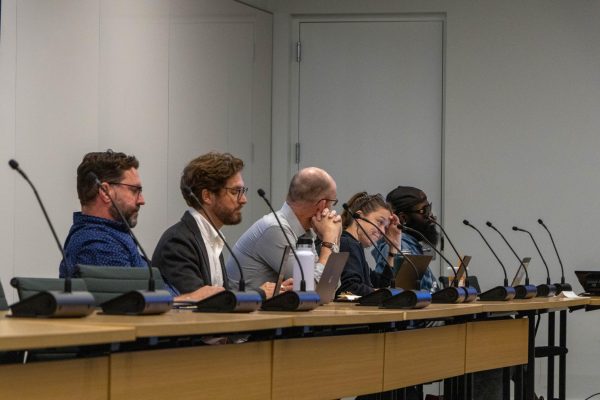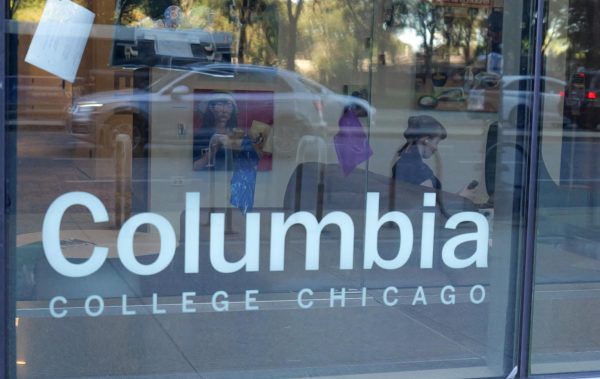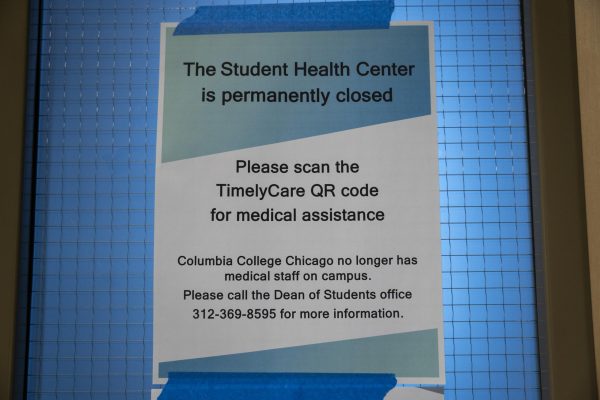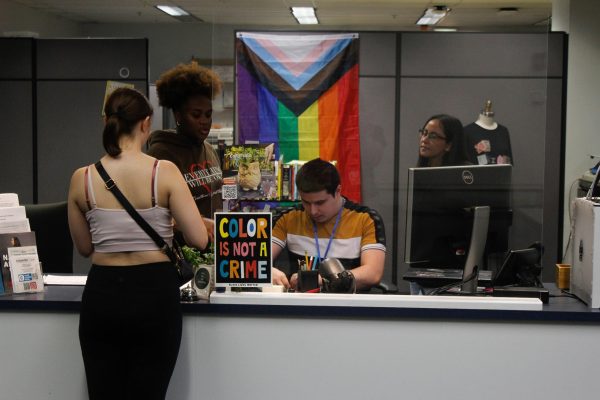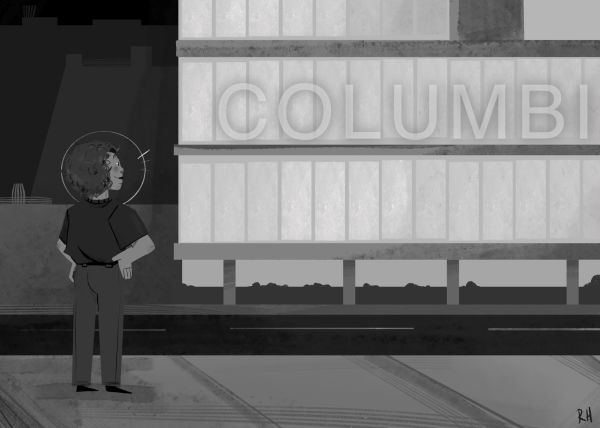Columbia must support students of all abilities to foster upward mobility
January 30, 2017
Columbia is often seen as an institution that prides itself on its innovative curriculum and cultural inclusivity. With unique majors such as comedy writing and performance, art and materials conservation and acting with international study, the college has an impressive calling card for aspiring creatives. Along with hands-on faculty and a career center dedicated to helping students find jobs and internships, the $41,850—including average room and board—price tag per year can seem worth it for career advancement in a student’s chosen field.
But these expectations may be unrealistic, according to research released Jan. 18 by the Equality of Opportunity Project, which analyzed data from colleges across the country to compare their performance in fostering upward mobility and economic advancement. The study found Columbia students receive the 13th lowest pay 10 years after graduation out of 68 Chicago-area schools included in the study.
The average annual salary for Columbia graduates at age 34 is $28,500, according to the study, which used data from 2000 to 2011. This salary range is behind most schools in the area, including for-profit schools like the Illinois Institute of Art.
A possible explanation for the low upward mobility is Columbia’s high acceptance rate. According to U.S. News & World Reports, Columbia had an acceptance rate of 89 percent for the 2015–2016 academic year. This rate was slightly higher during the years studied in the report. In comparison, the University of Chicago, which placed second of the 68 schools with an average salary of more than $60,000, had an acceptance rate of eight percent for the 2015–2016 academic year.
In addition, the theater, dance and music programs do not require auditions, unlike many local schools with similar programs. This can result in classes in which students have vastly different skill levels. This means the curriculum may be too easy for some and too difficult for others.
If Columbia wants to help its students move on to better jobs with higher salaries, it must recognize and reward academic excellence by allowing students to test out of their introductory classes within their majors. This will give students more time to hone their skills and use the tools provided, so they can achieve a better education.
The college must also recognize that not all students are coming in prepared to succeed in college. Bringing back a bridge program for which students are able to attend a six-week summer session at Columbia to prepare could help close that gap.
For those with no prior experience, introductory classes should help them become confident enough in their craft to take initiative with their education and use the tools provided to them by Columbia, including internship advisors and career advising at The Portfolio Center.
Students in college are adults, and they have to take responsibility for their own education and not depend on the school to help walk them through it step-by-step.


